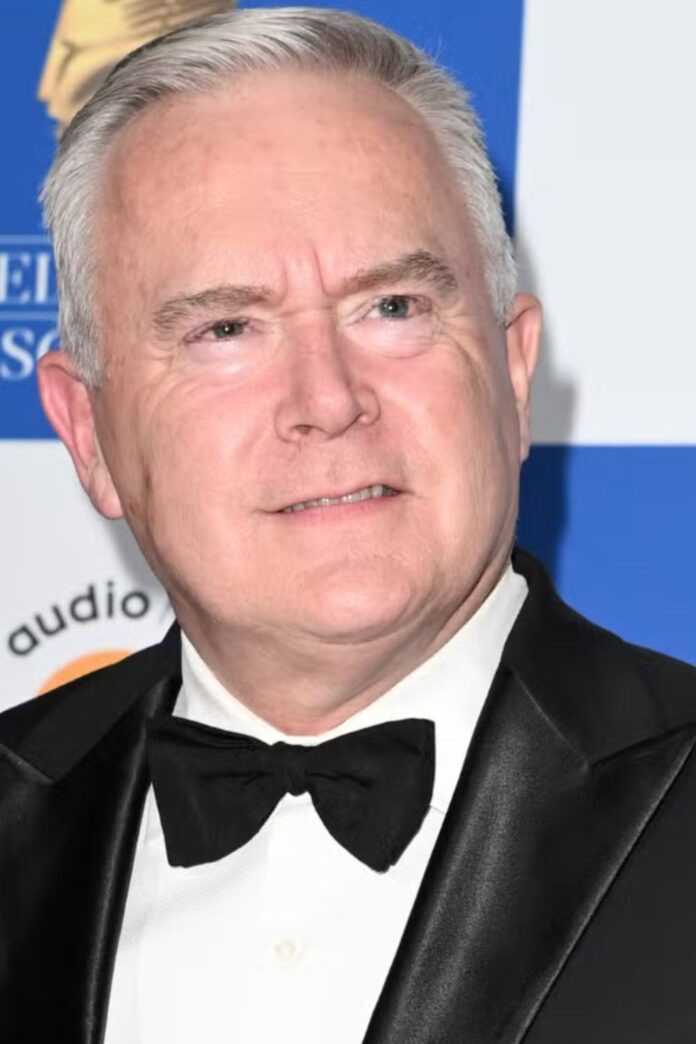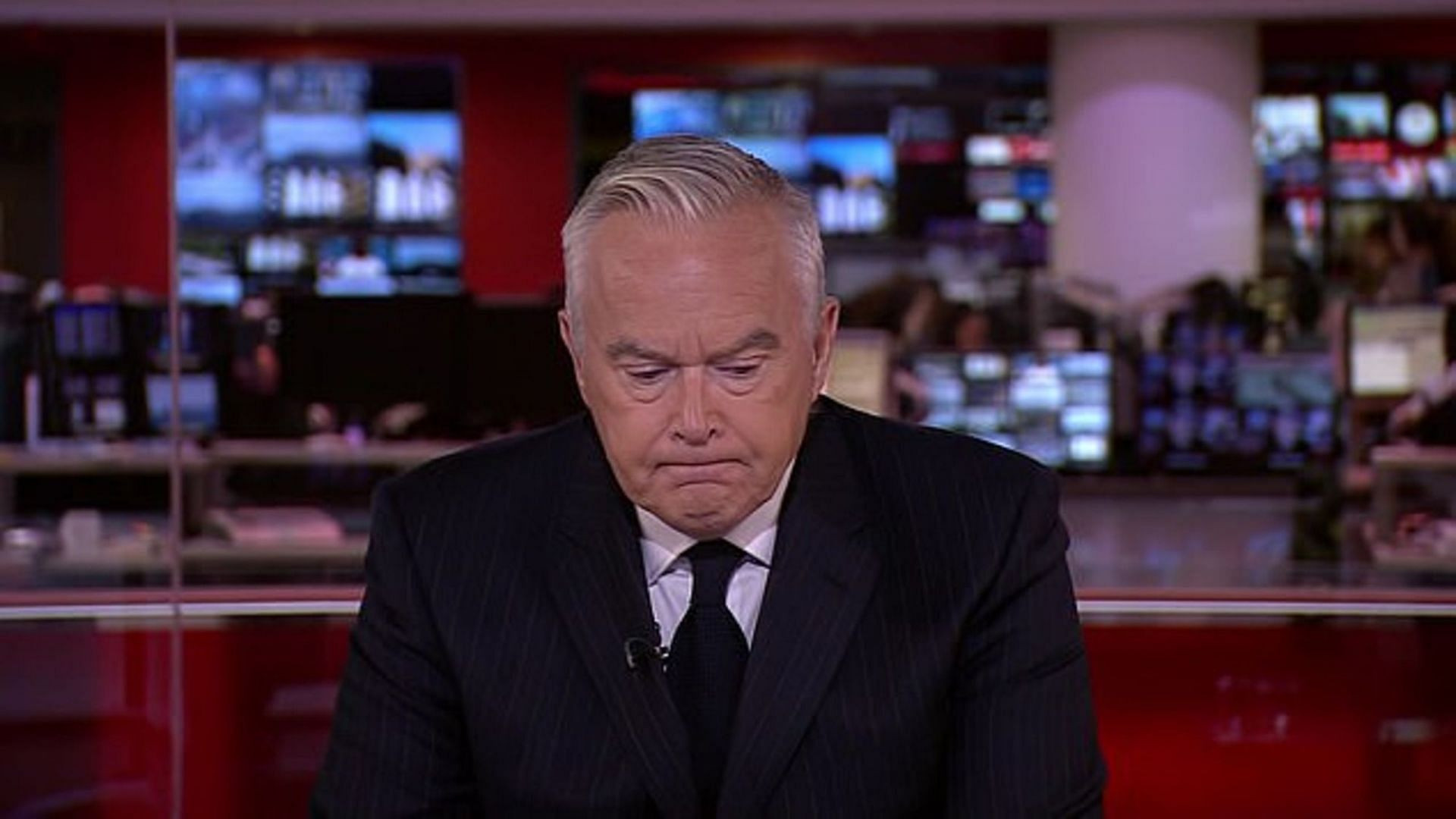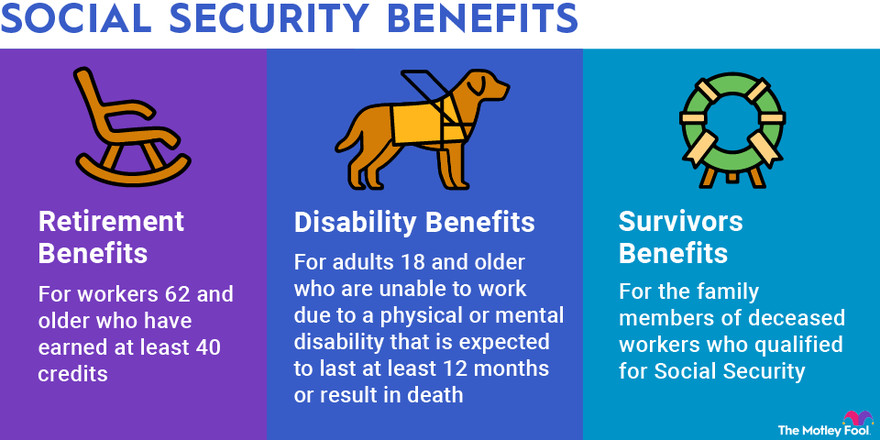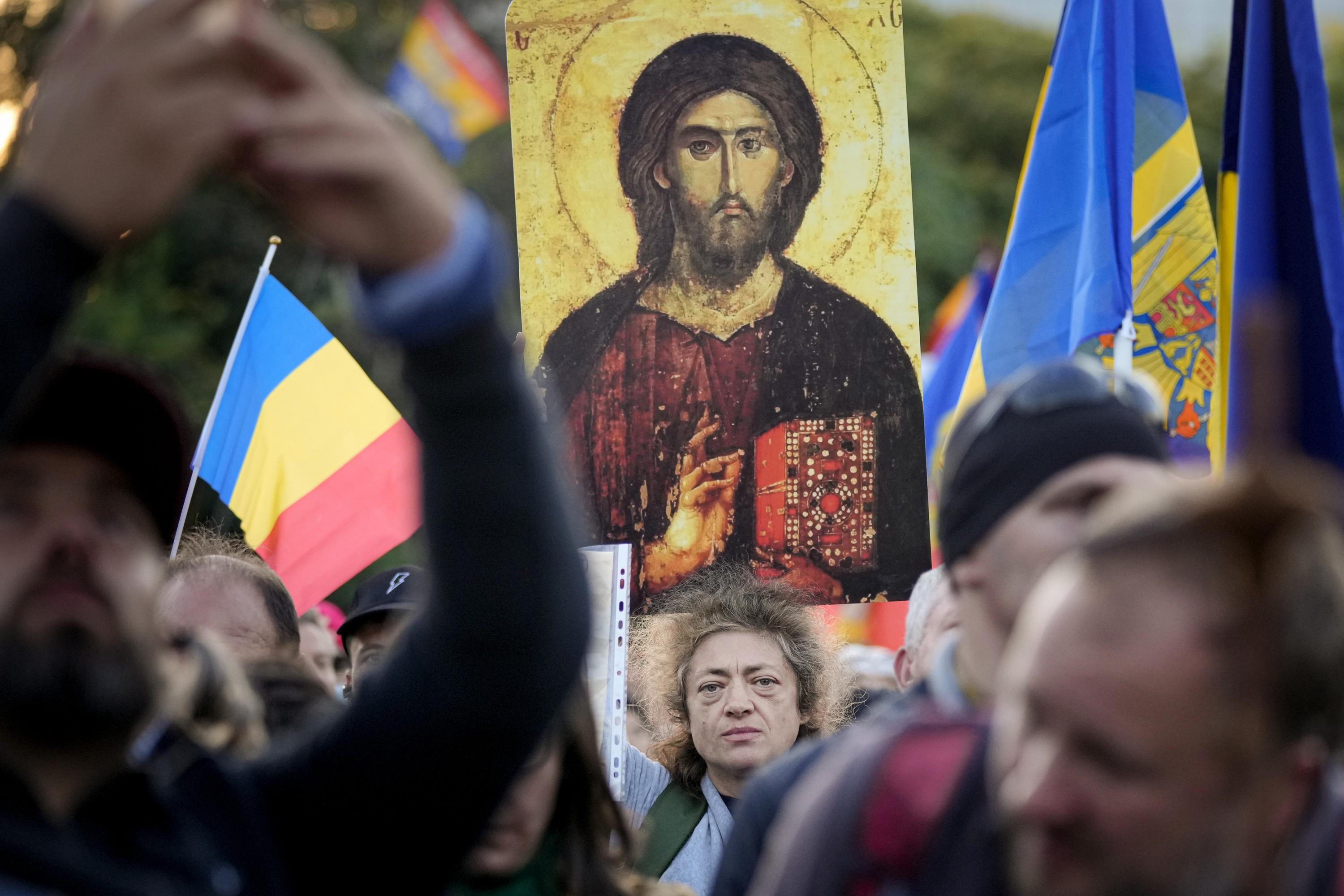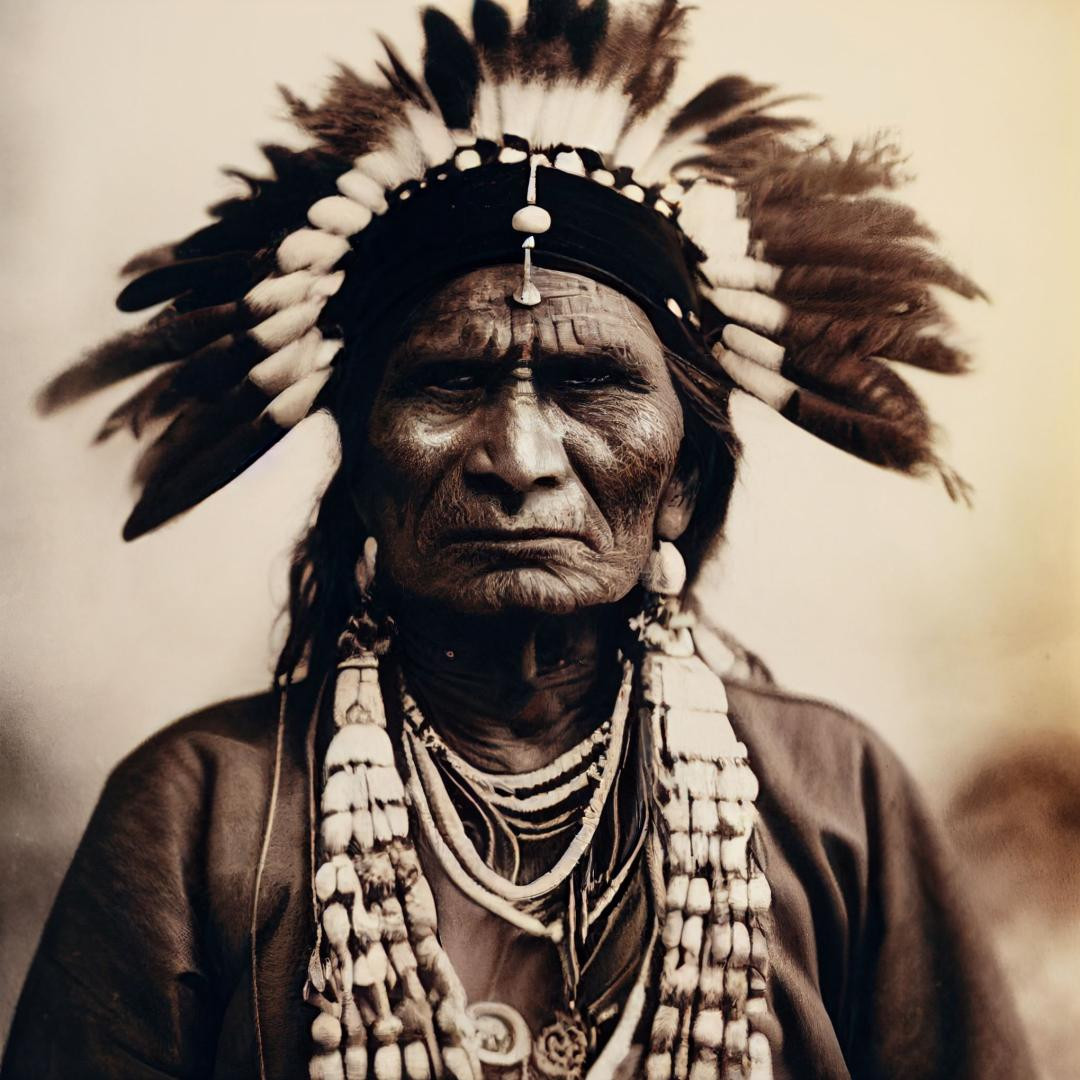Huw Edwards’s downfall was of his own making, the chief magistrate, Paul Goldspring, concluded in his sentencing remarks, but that was not the entire picture painted by the BBC star in his interviews with forensic medical experts. The consultant psychiatrist and neuropsychiatrist Michael Isaac wrote two reports in which the broadcaster’s father, the Welsh academic Hywel Teifi Edwards, who died in 2010, was pinpointed as the source of some of the mental anguish that led to the criminal behaviour of 2020 to 2021. Isaac wrote: “Mr Edwards is a complex individual, with a psychologically challenging upbringing, in which his relationship with his father was particularly challenging and probably damaging psychologically. The restrictive, puritanical, but often hypocritical, background of growing up in the particular cultural milieu of south Wales, with a father who was highly regarded and lauded outside the family, but was perceived as behaving monstrously within the family, created both an enduring cognitive dissonance and low self-esteem, compounded by a sense of being inferior (by not getting into Oxford and going to Cardiff instead) and being therefore something of an outsider at the BBC.” There was also a reference to a perception of a culture of Oxbridge elitism at the BBC that pushed Edwards, 63, to seek validation on the internet. The presenter received a six-month suspended prison sentence at Westminster magistrates court on Monday after admitting accessing indecent photographs of children as young as seven. Isaac diagnosed Edwards as suffering from a major depressive disorder without psychotic features. He has also been diagnosed with heart disease, known as arteriosclerosis, which is said to cause erratic behaviour. According to a report written for the court by the forensic psychosexual therapist Dr Victoria Appleyard, it was social media, and the opportunities it offered for him to engage with people who he would normally never meet, that proved disastrous for the presenter. Appleyard wrote: “His social media engagement presented as an easy way to manage his low mood and provided him with a number of men and women who were motivated to be sexual with him which not only boosted his fragile self-esteem but allowed him to re-engage with his sexual interest in men which had been managed since 1994. The feelings of being desirable and unseen alongside Mr Edwards’ unresolved sexual orientation created a perfect storm where he engaged in sexual infidelities and became vulnerable to people blackmailing him.” Edwards has been married to the television producer Vicky Flind for 30 years but he described a “deterioration” in their relationship around the time of his offending, at a time when his wife was “experiencing high levels of stress as her mother was nearing end of life”, according to a separate pre-sentence report written for Goldspring. “Mr Edwards recognises that he was also detached and ‘not present’ at a time when she needed his support,” the report said. “Despite having previously been very close, he recalls this period as the most difficult part of their marriage and their levels of intimacy had significantly decreased. Mr Edwards has been keen to stress that he does not consider his bisexuality as permission for infidelity and he expresses high levels of remorse for the betrayal of his partner and children and is aware that he has eroded the trust placed in him.” Edwards was also critical of his family for not stepping in over his abuse of prescribed medication. The report added: “He has expressed some disappointment that although family members had commented on these changes, there had not been a greater effort by those around him to challenge him openly about this. He asserts that he does not seek to place blame on others for his own failings but he became so entrenched in his own situation and deteriorating mental health, that he was unable to objectively assess and take positive action.” Edwards’s defence barrister, Philip Evans KC, told the court that it had been Alex Williams, then 19, who had been the driving force behind the criminal activity, by sending the indecent images and video of children. Williams appeared in court in Merthyr Tydfil in January and pleaded guilty to seven offences. Evans said: “When one looks at the actual facts of this allegation, he did not use his position in order to commit these offences. Alex Williams sought him out, and he sought him out on Instagram at a time when Mr Edwards can probably be described as having been vulnerable.” The judge said he had taken all of these factors into account, along with the reputational and financial damage inflicted by the conviction, but that it was all a “natural consequence of your behaviour which you brought upon yourself”. The judge’s remarks were met with a storm of criticism from victims’ rights groups and child safety charities. The National Society for the Prevention of Cruelty to Children (NSPCC) called the sentence “extremely lenient” and said it sends the “wrong message to offenders”. The charity warned that “it is not a foregone conclusion that someone will be sent to prison for these crimes.” The sentencing has also sparked a debate about the role of the media in holding powerful figures accountable. Critics argue that the BBC has been too slow to address the allegations against Edwards and that the corporation has a culture of protecting its stars. The BBC board has pledged to examine potential “power imbalances” that exist within its workforce. The British broadcaster was not privy to the sickening contents of Edwards’ WhatsApp inbox, but believes his conduct has raised uncomfortable questions that require a moment of introspection. The BBC board promised to appoint an individual to lead the review and set out a terms of reference by early September. Edwards’ sentencing was a reminder that early September has come and gone, and no announcement has been made about the inquiry. This has not gone unnoticed among insiders. “It doesn’t invoke confidence that they are committed to really looking at the problems within the organization,” said one person. BBC managers are confident they will have something to say soon, with those briefed on the plans stressing that it is important to get the review right rather than rush to meet a deadline. The inquiry is already a matter of considerable interest internally, with BBC employees hoping to use it as an opportunity to dish the dirt on those they accuse of misconduct. There is even a suggestion that some employees will take the opportunity to relitigate grievances already investigated internally by the BBC. “It is completely rife. Not just sexual harassment, but bullying and bad behavior,” said a BBC employee close to complaints processes. You need only look at the last workplace culture review to see that it could open a Pandora’s box for the BBC. The 2013 Respect at Work Review, led by employment law barrister Dinah Rose, resulted in a deluge of allegations about BBC power players from nearly 1,000 staff. The National Union of Journalists handed Rose and BBC executives a 109-page dossier of complaints, which included allegations of a manager sexting graduates and a female journalist being offered a promotion on the condition of a sexual liaison at her boss’ country cottage. Similar claims have been made against BBC stars in recent months, with the corporation moving to resolve misconduct complaints against Match of the Day pundit Jermaine Jenas (accused of sending inappropriate messages to junior female colleagues) and Strictly Come Dancing professional Graziano Di Prima (accused of kicking dance partner Zara McDermott). In total, there have been 645 sexual misconduct, bullying and harassment cases at the BBC over the past decade. Elements of Rose’s findings read as if they could have been written yesterday. She concluded that some powerful BBC insiders consider themselves to be “untouchable,” a charge that has been repeatedly leveled at Edwards in recent months. Rose said in 2013 that employees were “fearful of raising complaints” and had a “weary” lack of confidence that justice would be done if they filed a grievance. Again, this finding has repeatedly reared its head in recent staff surveys. Rose also said the BBC needs to resolve complaints in a shorter time frame, yet the corporation is failing to honor its pledge to conclude misconduct cases in 30 days. The BBC board said last month that “much progress” has been made in recent years around extolling the corporation’s values and holding people accountable for wrongdoing. Misconduct exists in virtually all big workforces and the BBC does think harder about these issues than most. But what the corporation cannot afford is another review, another set of similar conclusions, and a bunch of familiar recommendations that all need to be repeated in another decade. Sources say Huw Edwards’ humbling was revealed to a hushed BBC newsroom on Monday, but the noise will rise as employees reflect on the fallout from his dramatic fall from grace.
Maria Garcia
Editor
Passionate editor with a focus on business news.




